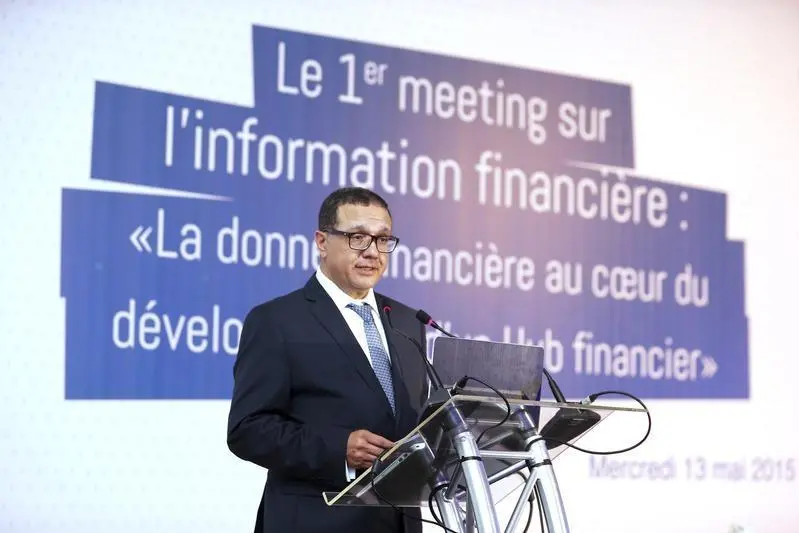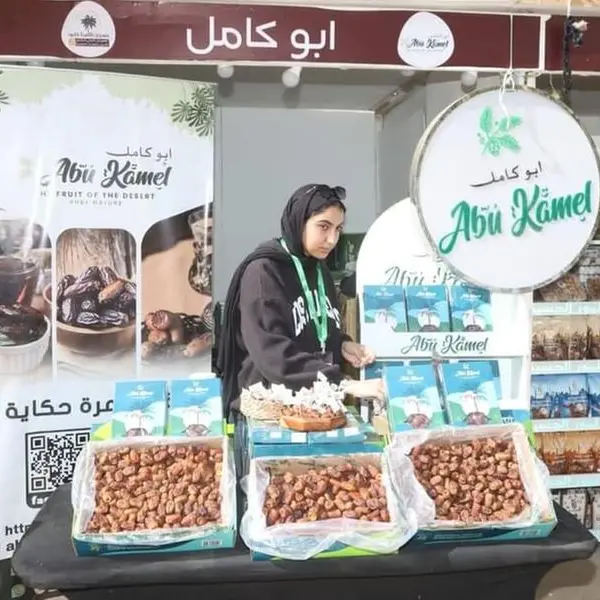PHOTO
(Adds details, background)
RABAT, Dec 8 (Reuters) - Morocco will issue its first ever Islamic bond in the domestic market in the first half of 2017, the finance minister said on Thursday.
Mohamed Boussaid told Reuters the size of the sukuk, which will coincide with the launch of a market for Islamic banking, has yet to be decided.
Islamic banks and insurers are setting up in Morocco after it adopted legislation allowing them into the domestic market. The central bank has set up a central sharia board with the country's body of Islamic scholars to oversee the new industry.
The North African country had long rejected Islamic banking due to concerns about Islamist movements, but its financial market lacks liquidity and foreign investors, both of which Islamic finance could attract.
Islamic finance has been growing rapidly over the past decade as it broadens its investor base across the Middle East, North Africa and southeast Asia.
It is based on religious principles that eschew interest and pure monetary speculation.
(Reporting by Aziz El Yaakoubi; Writing by Aidan Lewis; editing by John Stonestreet) ((Aidan.Lewis@thomsonreuters.com ; +216-29850352;))
RABAT, Dec 8 (Reuters) - Morocco will issue its first ever Islamic bond in the domestic market in the first half of 2017, the finance minister said on Thursday.
Mohamed Boussaid told Reuters the size of the sukuk, which will coincide with the launch of a market for Islamic banking, has yet to be decided.
Islamic banks and insurers are setting up in Morocco after it adopted legislation allowing them into the domestic market. The central bank has set up a central sharia board with the country's body of Islamic scholars to oversee the new industry.
The North African country had long rejected Islamic banking due to concerns about Islamist movements, but its financial market lacks liquidity and foreign investors, both of which Islamic finance could attract.
Islamic finance has been growing rapidly over the past decade as it broadens its investor base across the Middle East, North Africa and southeast Asia.
It is based on religious principles that eschew interest and pure monetary speculation.
(Reporting by Aziz El Yaakoubi; Writing by Aidan Lewis; editing by John Stonestreet) ((Aidan.Lewis@thomsonreuters.com ; +216-29850352;))





















